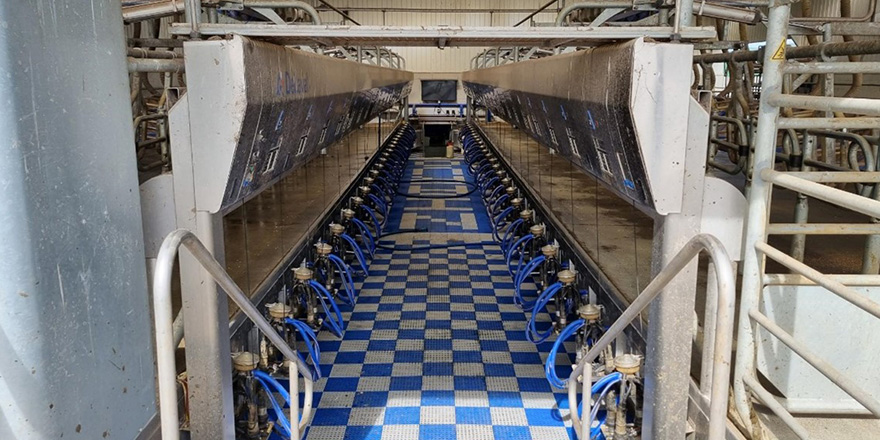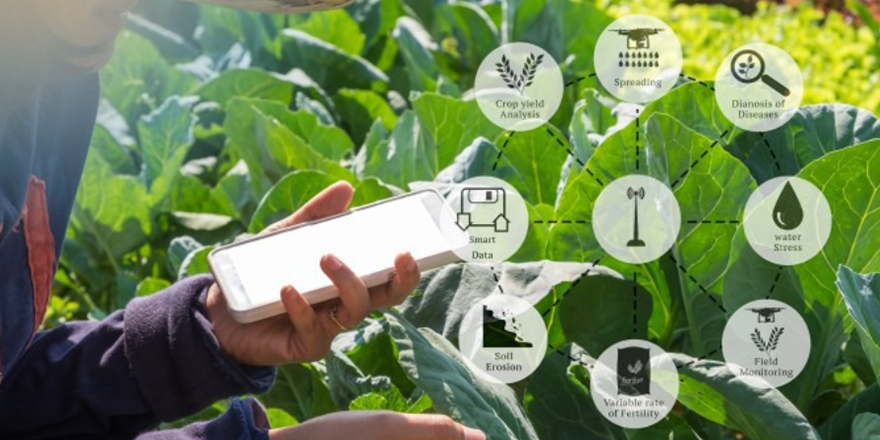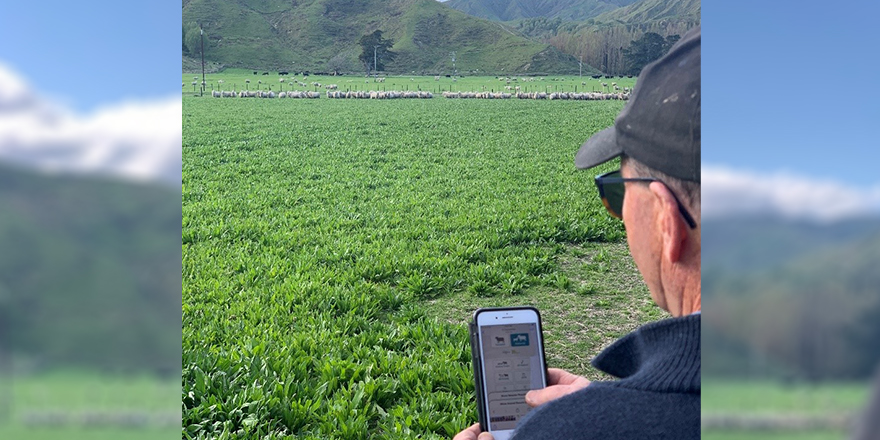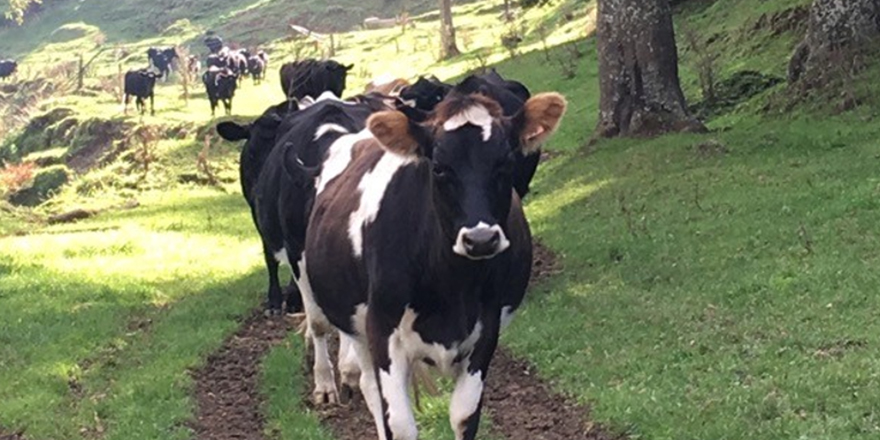Executive summary
Water for New Zealand has been described as a ‘Wicked Problem’.
This is a term that has been used to relate the degree of social and ecological complexity involved. It also describes how different world views on such problems can shape both the definition and the solution. This is not always positive or balanced.
For New Zealanders water is a passion, an integral part of our lives and our environment. It is also an important resource for agriculture and economic development. Our need to balance expectations to achieve optimal outcomes for all New Zealand is paramount.
There are many layers of water governance in New Zealand. For irrigators and irrigation schemes the many elements at play and competing voices are creating an increasingly complex environment for them to work in.
The aim of this project is to clarify for Irrigation schemes the breadth of elements at play in water governance in New Zealand. Through conversations with stakeholders, it is also to provide some direction for schemes as to what is going to be required of their own governance structures. This will enable them to be perceived as successful, legitimate and trusted users of water, our public resource.
For the wider public in New Zealand water quality has consistently been seen as a pressing environmental issue. The scrutiny of governance and management of water has never been greater than now. Competing needs have come to the fore and the environmental impact of land and water use has become better understood. As the degradation of our water ways has become more evident environmental groups and the media have been increasingly effective in highlighting any issues through campaigns and negative commentary. This has done an enormous amount of damage to the confidence and trust placed not only in irrigators and irrigation schemes as water users, but also ‘brand Agriculture’.
Understanding how the layers of water governance in New Zealand work is critical to understanding how we got to this place. There is no doubt that water governance in New Zealand is complex. It is not well integrated. There is responsibility for, or a connection to, water in almost every government department.
New Zealand’s primary legislation for the sustainable management of its natural and physical resources – the Resource Management Act (RMA) was passed in 1991. The councils charged with implementing this piece of legislation were often poorly resourced.
The slow response to environmental expectations politically, regionally and by the primary sector led to the growing influence of less formal but significant voices being heard. The accumulative effect of these voices and government policy development, including environmental bottom lines has led to the unprecedented scope and pace of change now being experienced on the ground by irrigators and irrigation schemes.
This scope and pace of change is an enormous challenge. Not only logistically for implementation but also the expectation for environmental results. This is impacting on irrigation schemes and their role.
Once conveyors of water to the farm gate, irrigation schemes are now finding themselves in a far more complex situation. Their role is now one of resource management – that is management of water and nutrients with responsibility and liabilities for meeting consent obligations. They are being ambitious, and investing significantly in supporting their shareholders in implementing change but this is unchartered territory and not all benefits or pitfalls can be anticipated. Maintaining relationships, with both shareholders and councils as the granters of the consent, are of primary concern and this is going to be critical to their success.
This project has exposed deep challenges around trust and confidence at all levels of water governance in New Zealand. There is no silver bullet to deliver an immediate change to water quality to fix this. The interviews show a clear commitment by the schemes to work through implementing change and ensuring they work with those stakeholders directly connected to best effect.
This research however has highlighted a new opportunity to effect real change. This is the opportunity to change perceptions so that irrigators and irrigation schemes be acknowledged as effective, legitimate and trusted users of water for the benefit of New Zealand.
This will mean irrigation schemes need to be willing to embrace a more diverse and outward looking board. They need to bring people in that will challenge their thinking and hold them to account. Building diverse boards that look outwards and have societal values will go a long way to building external confidence. As one interviewee pointed out “There has been some tinkering around the edges – mainly with lawyers and accountants and while they can be valuable additions the question needs to be ‘what is the skill we need?’ and ‘what is the issue we are dealing with?’ Not who do we know that we can work with… and definitely not representing where you come from (leave your hat at the door!)”
Such an approach will be confronting but it will provide a transparency and an openness to start discussion. It will also provide an opportunity to have realistic conversations and find reference points for communities to collaborate. It will negate negative commentary because the wider community along with irrigation scheme boards will own the outcomes.
This is a first and critical step for irrigation schemes to ‘break the ice’ and become trusted users of water, our public resource.
Chris Couglan



